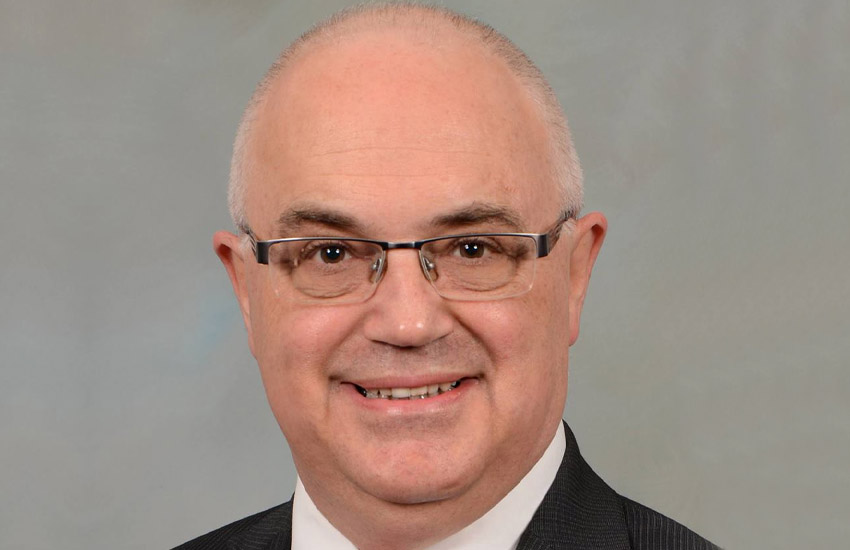With the SG amnesty now legislated and running to a six-month deadline to 7 September 2020, Tax & Super Australia senior tax counsel John Jeffreys fears many businesses will not be in a position to come forward due to the economic impact of the coronavirus pandemic.
“There’s potentially a number of employers and businesses who might have taken advantage of the amnesty that will now forget it because they are severely short of cash or closing down in this unprecedented situation,” Mr Jeffreys said.
You’re out of free articles for this month
“We’re concerned that many employers, including those in the hospitality industry, who have outstanding SG obligations may be too overwhelmed, or simply unable, to manage the amnesty process in the coming months.”
Likewise, the Institute of Public Accountants general manager of technical policy Tony Greco believes the SG amnesty has met its “worst-case scenario”.
“Everything is now secondary,” Mr Greco told Accountants Daily.
“No one foresaw what was coming. It took so long to get this thing up and running, and then this happens. For all the right reasons, people will not have this front of mind.
“We’ve got the worst-case scenario presenting itself, and in an ideal world, this would be given priority, but we’re not in an ideal world, we’re far from it. As we speak, people’s survival instincts have been activated.”
Mr Jeffreys is now calling for bipartisan support to extend the amnesty for a further six months to give businesses time to regroup.
“Extraordinary events like COVID-19 emphasise more than ever the need for Australians to have financial security. Superannuation is an important part of building this security and every bit helps. We want to make sure the SG amnesty can fulfil its purpose as much as possible,” he said.
With a 100 per cent minimum penalty to kick in for those who fail to come forward during the amnesty period, Mr Greco believes businesses should come forward to disclose and set up a payment plan with the ATO.
“The legislation is hard-coded from what I can gather, but the window is open, people can still come forward and the ATO can build payment plans around the voluntary disclosure, and hope that they can manage those obligations while we’re operating in this very uncertain world,” Mr Greco said.
Jotham Lian
AUTHOR
Jotham Lian is the editor of Accountants Daily, the leading source of breaking news, analysis and insight for Australian accounting professionals.
Before joining the team in 2017, Jotham wrote for a range of national mastheads including the Sydney Morning Herald, and Channel NewsAsia.
You can email Jotham at: This email address is being protected from spambots. You need JavaScript enabled to view it.

 Login
Login







